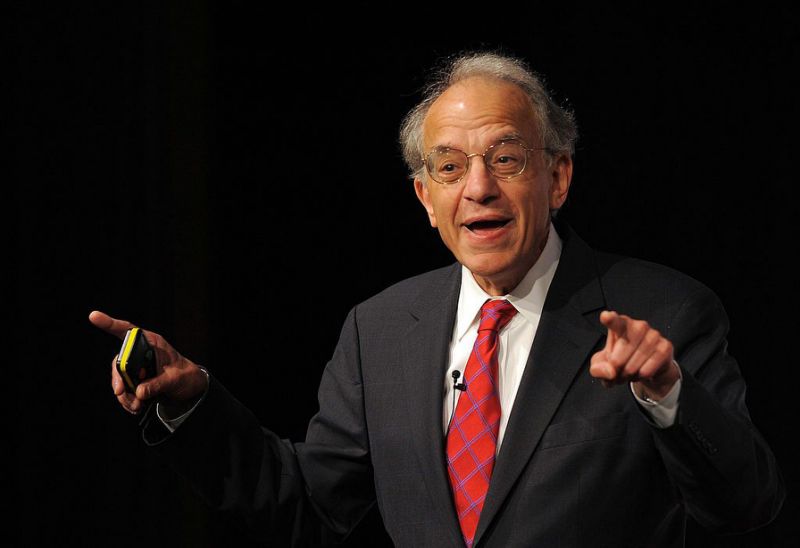
(Bloomberg Opinion) — When the coronavirus hit, investors weren’t quite sure what to compare it to. Many used the 1918 Spanish Flu pandemic as their frame of reference, which served no one very well, says this week’s guest on Master in Business, Jeremy Siegel, professor at the Wharton School of Business, adviser to Wisdom Tree and author of “Stocks for the Long Run.”
Initially, investors were complacent, as were America’s leaders, amid talk that the infection was just another version of the common flu. That quickly shifted to fear that this could be like 1918, helping to create a radical overreaction. Amid shortages of disinfectants, face masks, gloves and other essentials, combined with an unprepared and botched response by the federal government, panic selling gripped the market, causing the March stock-market crash. Siegel laments the lack of leadership from the federal government, especially the Centers for Disease Control and Prevention.
Even if the S&P 500 Index earnings for 2020 were wiped out because of the coronavirus pandemic, the March decline was unwarranted, Siegel says. Assuming next year’s earnings will look more like those of 2019 rather than 2020, the market should have fallen only 5% to 6%, not the 34% that marked the March low. This makes the market recovery seem more rational than many believe.
His favorite books are here; a transcript of our conversation is here.
You can stream and download our full conversation, including the podcast extras, on iTunes, Spotify, Overcast, Google, Bloomberg and Stitcher. All of our earlier podcasts on your favorite pod hosts can be found here.
Next week, we speak with Ron Carson, founder and chief executive officer of Cwn LLC, which manages $12 billion.
(Corrects last paragraph of article published Tuesday to indicate that Cwm LLC has $12 billion under management, not $7.5 billion.)
This column does not necessarily reflect the opinion of the editorial board or Bloomberg LP and its owners.
Barry Ritholtz is a Bloomberg Opinion columnist. He is chairman and chief investment officer of Ritholtz Wealth Management, and was previously chief market strategist at Maxim Group. He is the author of “Bailout Nation.”
<p class="canvas-atom canvas-text Mb(1.0em) Mb(0)–sm Mt(0.8em)–sm" type="text" content="For more articles like this, please visit us at bloomberg.com/opinion” data-reactid=”28″>For more articles like this, please visit us at bloomberg.com/opinion
<p class="canvas-atom canvas-text Mb(1.0em) Mb(0)–sm Mt(0.8em)–sm" type="text" content="Subscribe now to stay ahead with the most trusted business news source.” data-reactid=”29″>Subscribe now to stay ahead with the most trusted business news source.
©2020 Bloomberg L.P.












